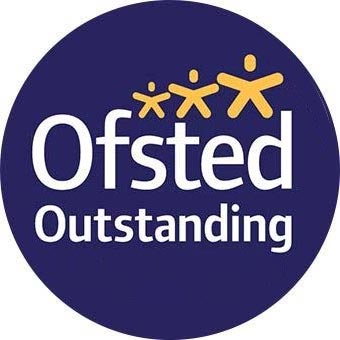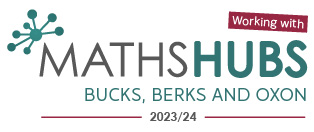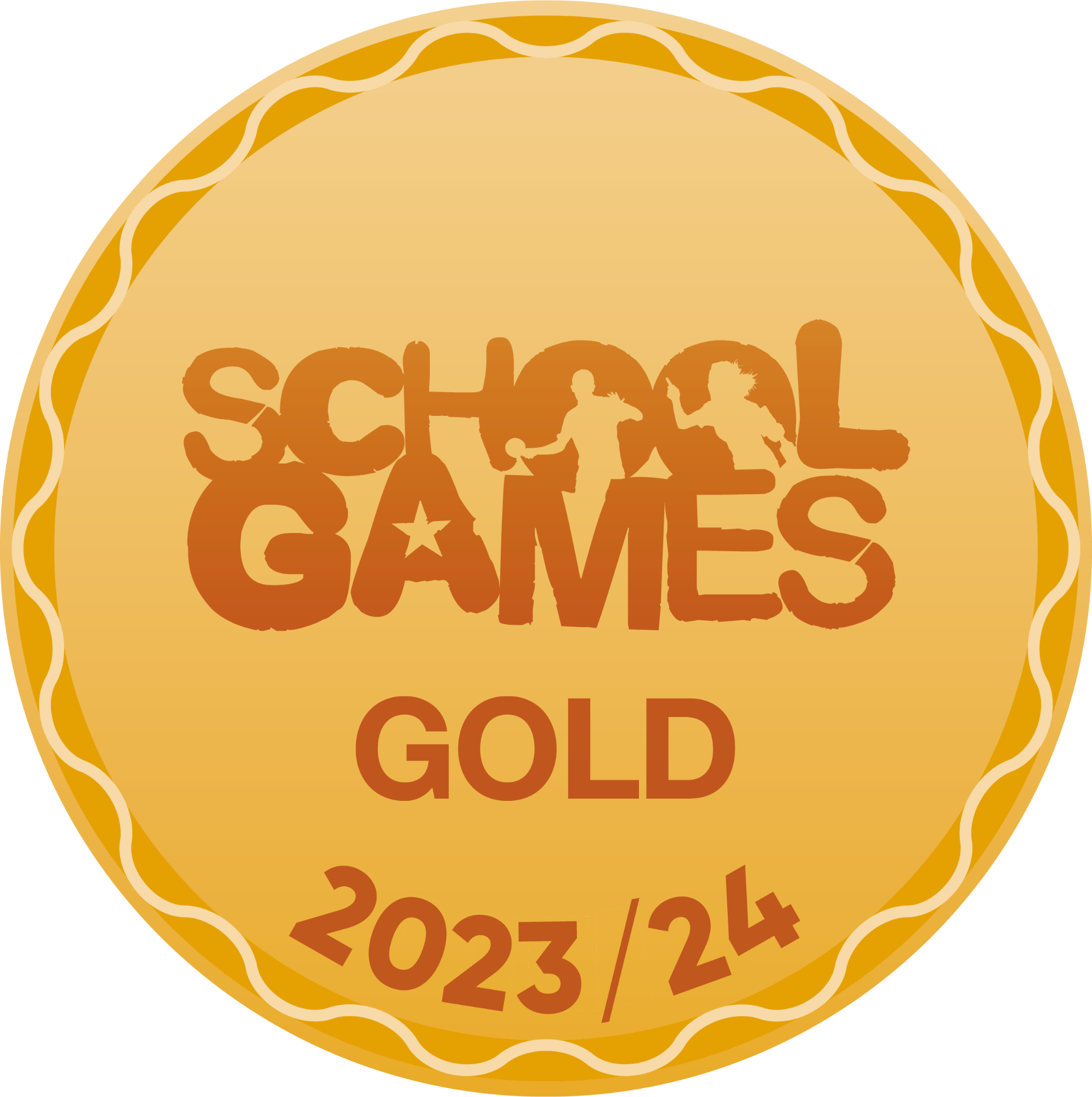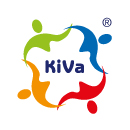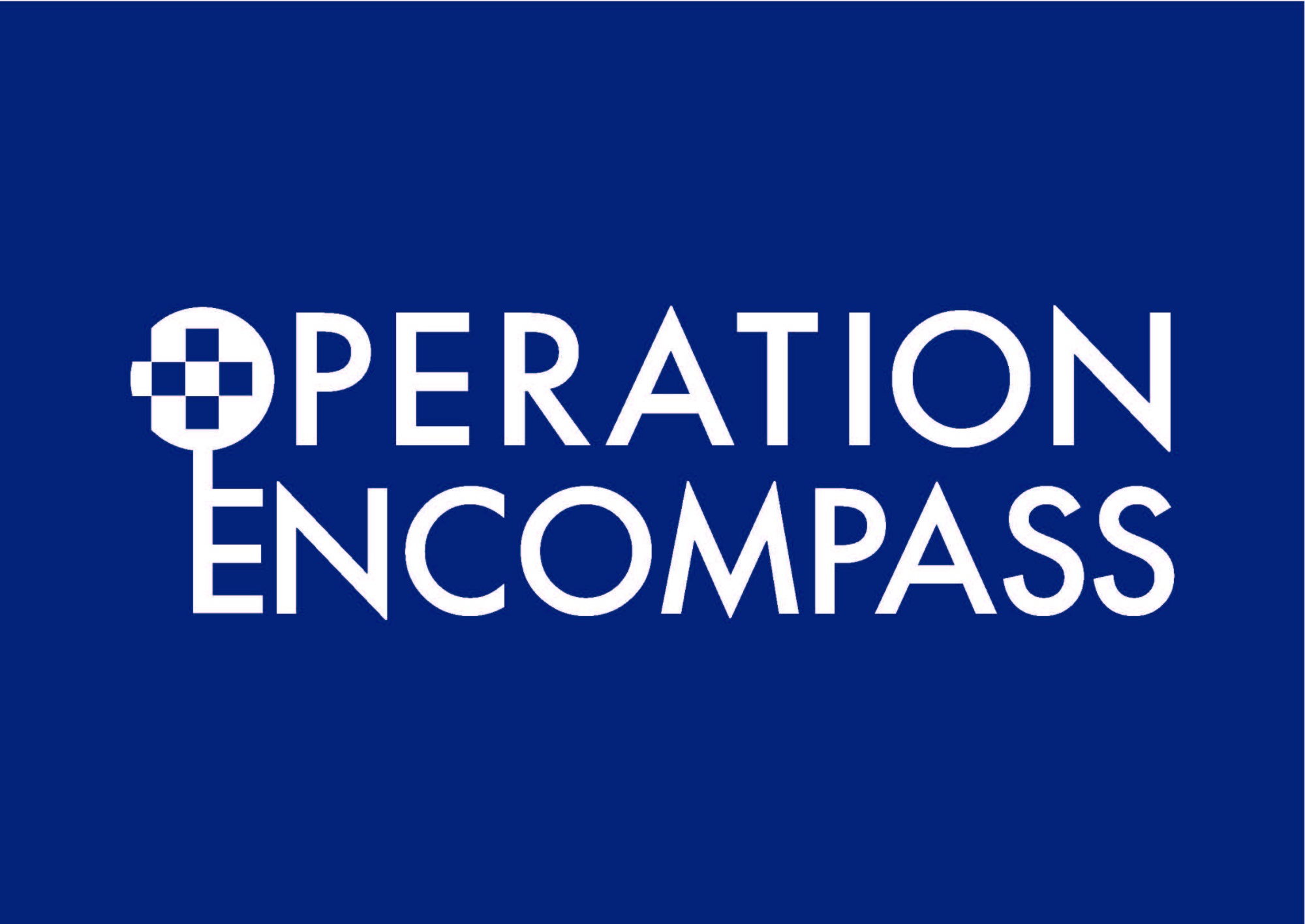Whole School Curriculum
Curriculum Intent
At Holy Trinity our curriculum is designed around our Christian values. Each term, we focus on 2 values across the school and develop a working understanding of them through our choice of texts and foundation subject learning, embedding reading and maths at the core.
We strive to ensure that every child receives a broad, balanced curriculum. We want our children to achieve the highest possible standards in reading, writing and maths but believe it is equally important that they enjoy learning in a range of other subject areas.
We follow the National Curriculum but enhance it with imaginative planning around topics to make the learning experience more coherent and meaningful. We enrich our curriculum through visits out of school, planning themed days around topics and arranging visitors to come into school. Each year group has a main topic to inform creative planning for each term.
Each teacher has a subject specialism and leads a subject, monitoring how it is taught, how well children are progressing and what actions the school needs to take to improve the teaching and learning the children receive.
We have designed progression of skills and knowledge documents for each subject across all year groups. Key concepts within each subject are broken down, so that assessment is focused, providing opportunities for regular reviews of learning. This ongoing assessment informs a child’s next steps in their learning. Our end of year report to parents highlights the key concepts taught in each subject, giving parents a clear understanding of the knowledge and skills taught and the next steps for their child.
We ensure that quality first teaching is an entitlement of all learners. We believe that all children and young people are entitled to an appropriate education, one that is appropriate to their needs, promotes high standards and the fulfilment of potential. This should enable them to achieve their best, become confident individuals living fulfilling lives and make a successful transition into adulthood, whether into employment, further or higher education or training.
All aspects of our curriculum are accessible to all children, irrespective of their background, gender, disability, religious or linguistic background. We want our curriculum to support our pupils and staff to understand, learn and value diversity.
We strive to meet the needs of those pupils with special educational needs, those with disabilities, those with special gifts and talents and the children who are learning English as an additional language. We provide a rich, challenging curriculum, which stretches all of our children. Staff are aware of children’s individual needs and track their progress carefully to ensure their academic potential or talent is continually developed.
Curriculum Implementation
Knowledge underpins and enables the application of skill. We strive for children to learn new skills alongside knowledge, ensuring that both are explicitly developed. Recognising that knowledge and skills are intertwined, we take a cross-curricular approach to maximise links across subjects and to ensure teaching and learning is relevant and meaningful.
Using the EYFS Statutory Framework and National Curriculum, age-appropriate progression in knowledge and skills for each core and foundation subject has been identified and mapped out across the primary phases. Priority is given to the development of English and Maths skills of all our pupils.
Our vibrant and rich curriculum is designed so that the subject specific skills are scaffolded within a cross-curricular theme or context each term. Themes are delivered on an annual basis. Topics are carefully designed to capture the interests and imaginations of our children, within a local context. To ensure that progression and balance is maintained, the programmes of study are developed into medium-term plans which clearly highlight the learning objectives, assessment opportunities, differentiated tasks as well as links to other subjects. Themes include Time Travelling Teddies, Get up and Grow, Tomb Raiders, From Absolute Monarchy to Absolute Democracy, Mighty Rivers; as well as many more exciting topics. Each theme is introduced to ignite children’s interest and motivation to learn. We use every opportunity to capitalise on connections between subjects and develop and apply all important reading, writing, speaking and listening, and maths skills in a purposeful context. RE, PE, PSHE, RSE and Health education are often taught as discreet subjects to ensure coverage of the main objectives and age-appropriate knowledge and skill development.
Curriculum Impact
At Holy Trinity School we strive for all pupils to achieve their absolute potential, by having high expectations across the board. Children make rapid progress from Foundation Stage and, by the end of Key Stage Two, do extremely well when compared with national and local results across all subjects at both the expected standard and at greater depth. Our stimulating curriculum prioritises core skills in English, Maths and science whilst actively encompassing the acquisition of knowledge and skills across all areas of the National Curriculum.
The curriculum provides a strong foundation and gives opportunities for children to learn collaboratively and develop social skills. We ensure that the needs of individual and small groups of children can be met within the environment of high quality-first teaching, supported by targeted, proven interventions where appropriate. In this way it can be seen to impact in a very positive way on children’s outcomes. The impact and measure of our curriculum is to ensure children not only acquire the appropriate age-related knowledge linked to the curriculum but also skills which equip them to progress from their starting points. In shaping our curriculum this way, progress is measured and evidenced for all children, regardless of their starting points or specific needs. Enjoyment of the curriculum promotes achievement, confidence and excellent behaviour.
We ensure that quality-first teaching enables our children to develop their long-term memories and define their progress as knowing and remembering more. Staff work hard to plan a broad, balanced and ambitious curriculum which is expertly delivered ensuring a child’s school experience helps them to develop a deep knowledge and prepares them for their future.
Monitoring & Reviewing Impact of the curriculum
Our children are assessed within every lesson which helps the teacher plan the next steps to be taught. At the end of each term assessment data is gathered and progress is monitored by the Senior Leadership Team. Children are expected to make good or better progress in all subjects and this individual progress is tracked and reported to parents at Parents’ Evenings and within End-of-Year Report.
Class Teachers are responsible for the day-to-day organisation of the curriculum. Phases Leaders monitor lessons, ensuring that all classes are taught the full requirements of the agreed schemes of work, and that all lessons have appropriate learning objectives.
Subject leaders play an important part in the success of the curriculum by leading a regular programme of monitoring, evaluation and review and the celebration of good practice contributes to the ongoing commitment to evolve and improve further. All subject leaders are given access to training and CPD opportunities to keep developing their own subject knowledge, skills and understanding, so they can support curriculum development and the professional practice of colleagues.

